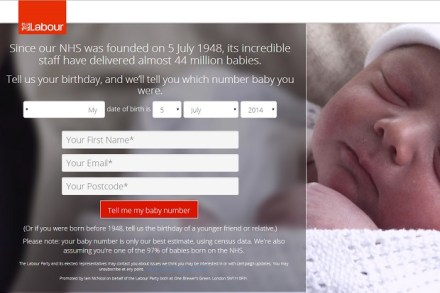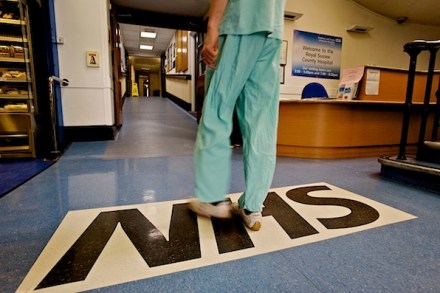Stephen Dorrell: The NHS still has plenty to learn
If anyone thought Stephen Dorrell would take a break from talking about health after standing down as chairman of the House of Commons health select committee, they were quite wrong. The Spectator finds him in his Portcullis House office preparing to give a speech to the think tank Reform — his first since quitting the post — on how to make the health system better at delivering social care. He has no intention of leaving the NHS alone, even though he’s no longer leading the group of MPs whose job it is to scrutinise health policy. But, strangely, he stumbles when asked if he’s proud of the NHS. ‘Pride is a funny


















